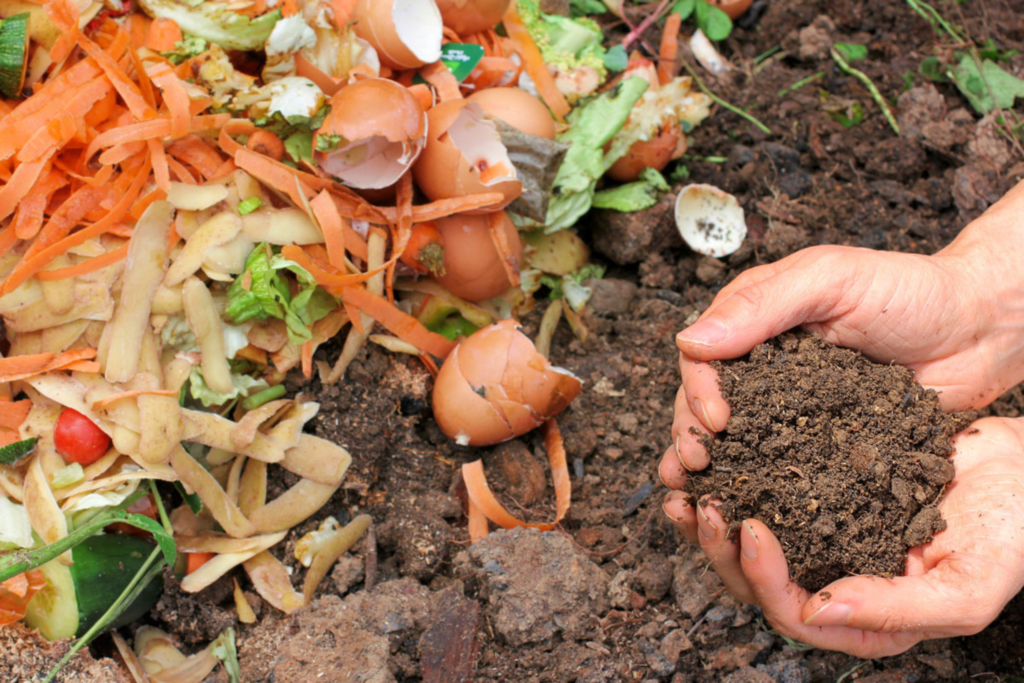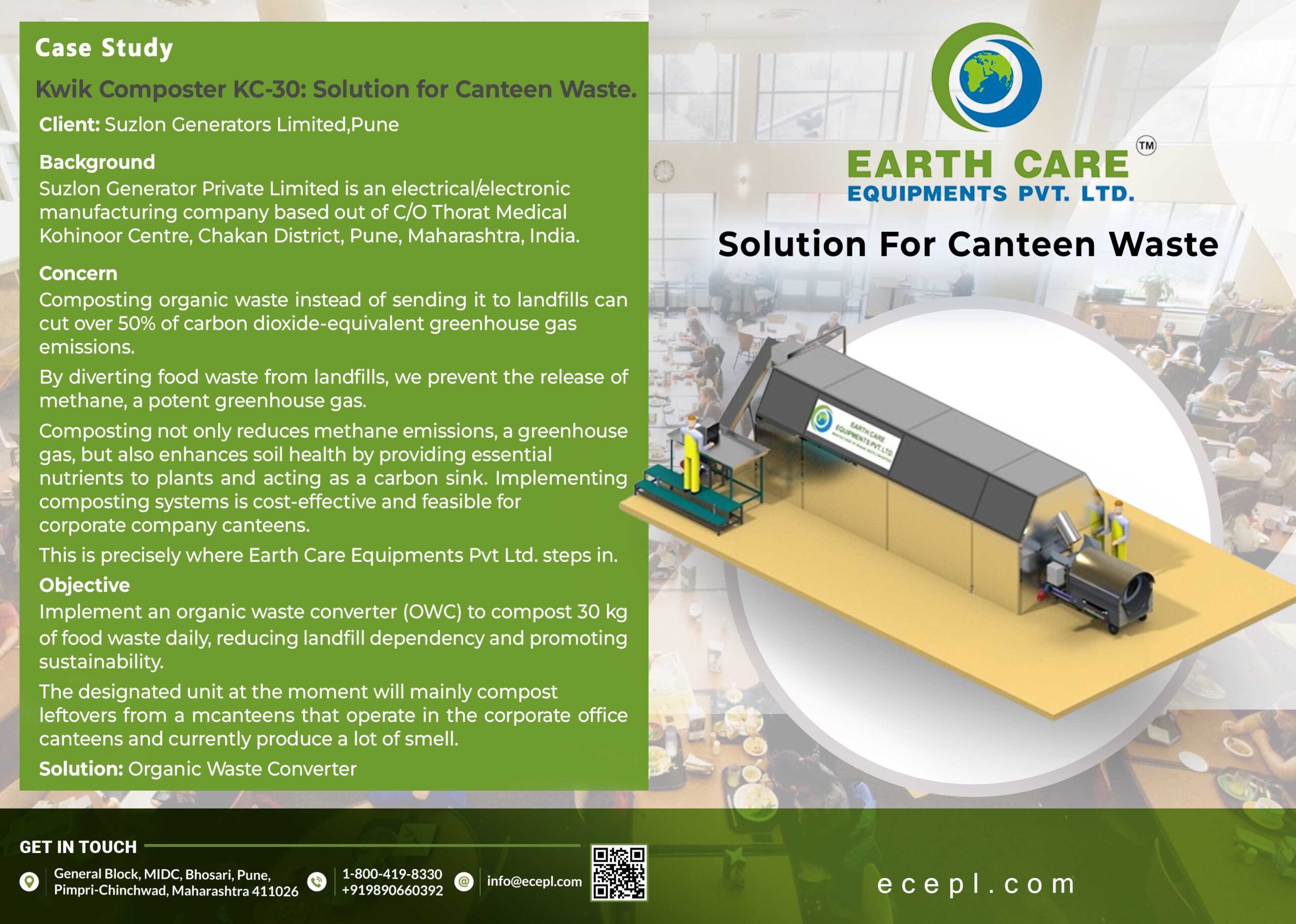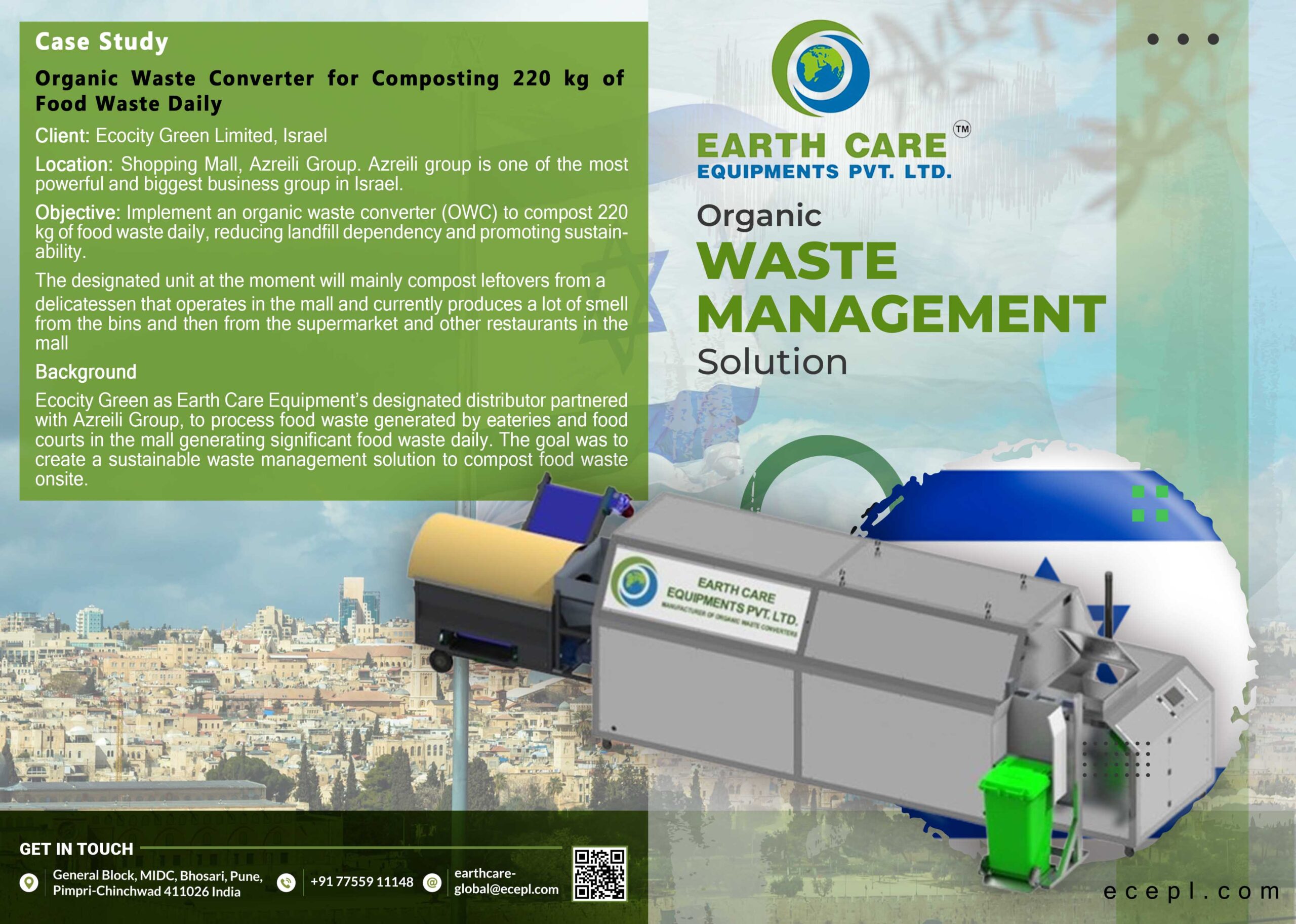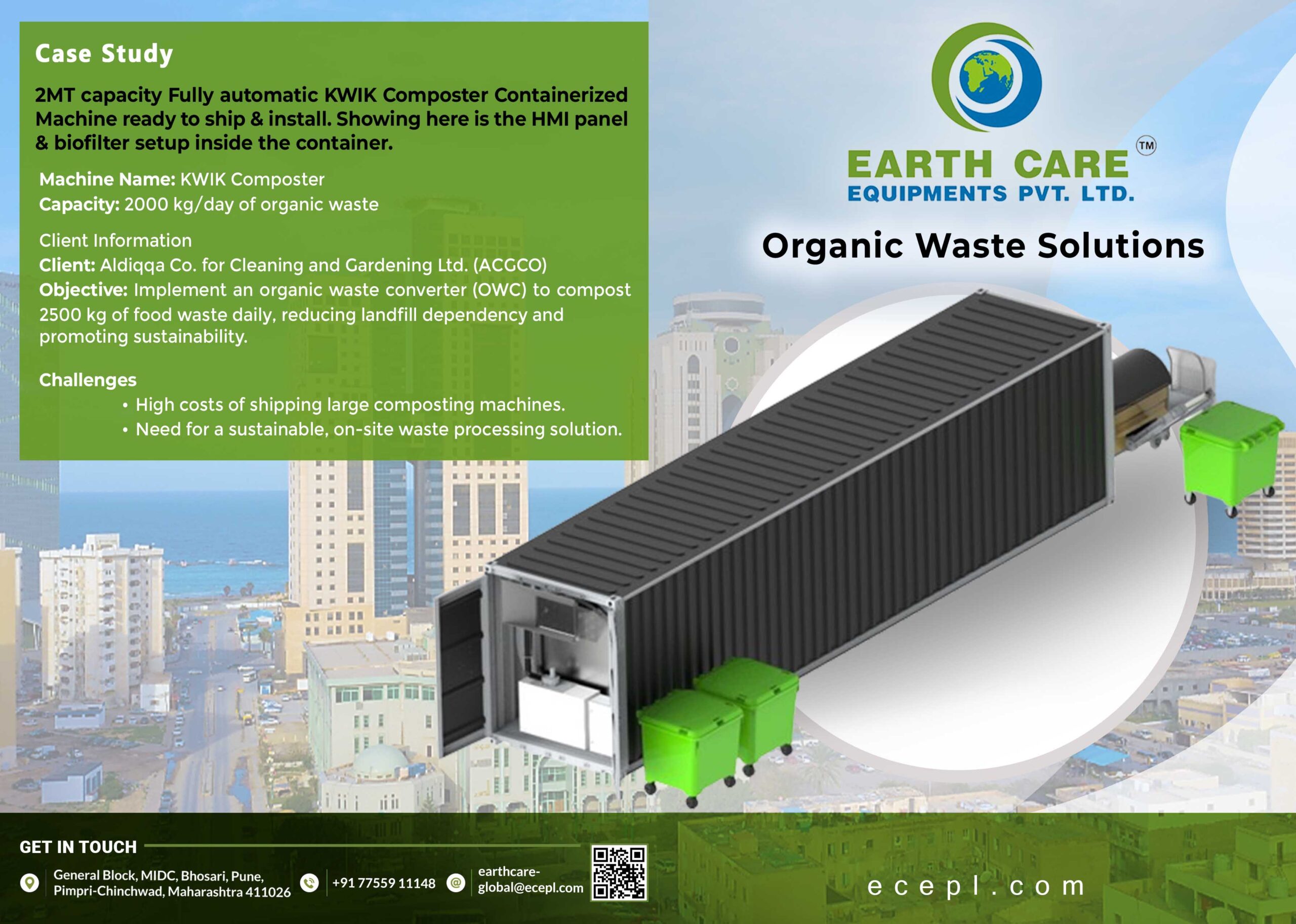
The global issue of food waste has spurred the development of innovative solutions, with organic waste converters at the forefront. These machines, often referred to as composters, play a crucial role in transforming kitchen and organic waste into valuable compost, addressing environmental concerns and resource wastage. In this comprehensive exploration, we delve into the mechanics, applications, and benefits of these organic waste converters.
Understanding Organic Waste Converters
Organic waste converters are sophisticated machines designed to combat the rising challenge of organic waste. Their purpose is explicit: to convert various forms of organic waste into nutrient-rich compost suitable for organic farming. These self-contained systems perform a spectrum of functions, including waste segregation, shredding, filtering, dewatering, mixing, and curing, making them versatile and indispensable in waste management processes.
Applications of Organic Waste Converters
Residential estates, restaurants, shopping malls, educational institutes, municipal corporations, vegetable and fish markets, military bases, naval bases, and temples are among the diverse sectors benefitting from the technology of organic waste converters. These machines offer tailored solutions to waste management, contributing to the creation of cleaner and greener environments across various industries.
Beneficiaries of Organic Waste Converter Technology
One notable player in the realm of organic waste converter manufacturing is Earth Care Equipments Pvt. Ltd. Functioning as Organic Waste Composting Manufacturers, Earth Care Equipments has emerged as a pioneer in providing innovative solutions for organic waste conversion. Their models cater to the diverse needs of sectors ranging from residential areas to religious institutions, showcasing the wide-reaching impact of organic waste converters.
Models of Organic Waste Converters
Earth Care Equipments Pvt. Ltd. offers two distinctive models that exemplify the efficiency and sustainability of organic waste conversion:
Kwik Composter 50 (KC50)
This fully automatic Bio-Mechanical composter stands out for its efficiency in converting organic waste into compost enriched with nitrogen. With the capacity to reduce waste volume by up to 80%, the KC50 boasts features such as automatic operation, silent and odorless function, sustainability, and low operating costs. It represents a significant stride in waste management technology.
Kwik Composter Accelerator 50 (KCA 50)
Similar to the KC50, this model employs aerobic composting and is compact with heaters. It is a suitable solution for sectors with space limitations, offering faster waste conversion and lower operating costs. Its features include a compact and affordable design, fully automatic operation, silent and odorless function, proven and sustainable technology, and low maintenance costs.
Kwik Shredder
Earth Care Equipments also provides various models of food and garden waste shredders. These act as accessories to Kwik Composters, enhancing their composting performance and expanding the capabilities of organic waste conversion.
Advantages of Using Organic Waste Converters
Organic waste converters present a myriad of advantages, touching on environmental, economic, and social aspects. They contribute significantly to waste reduction, minimizing the environmental impact of landfills and lowering greenhouse gas emissions. From an economic perspective, the efficient conversion of waste into valuable compost results in cost savings for waste management and provides a valuable resource for organic farming. Socially, adopting organic waste converters fosters a sense of responsibility and sustainability within communities, contributing to a cleaner and healthier environment.
The Role of Micro-Organisms in the Conversion Process
Micro-organisms play a crucial role in the organic waste conversion process facilitated by these machines. They break down complex organic matter into nutrient-rich compost, enhancing the efficiency of the entire conversion process.
The Future of Organic Waste Conversion
With ongoing technological advancements, the future holds exciting possibilities for organic waste converters. Continuous innovation is paving the way for even more efficient and sustainable waste management solutions, promising a greener and cleaner future.
Choosing the Right Organic Waste Converter for Your Needs
Selecting the right organic waste converter is crucial for optimal performance and efficiency. Earth Care Equipments offers a range of models, and the choice depends on factors such as volume, space, and specific requirements.
Tips for Effective Organic Waste Management
Effective organic waste management involves several key strategies:
- Segregation: Separate organic waste from other types of waste.
- Regular Maintenance: Ensure regular maintenance of the converter for optimal performance.
- Educational Initiatives: Promote awareness and educate communities on the benefits of organic waste conversion.
- Customized Solutions: Explore models that align with specific waste generation patterns and space constraints.
- Community Participation: Encourage community involvement in organic waste management practices.
Summary
In conclusion, organic waste converters, with Earth Care Equipments leading the way as Organic Waste Composting Manufacturers, have emerged as revolutionary solutions to the escalating problem of food waste. Their diverse applications, coupled with technological innovations, make them indispensable in the pursuit of sustainable waste management practices.




